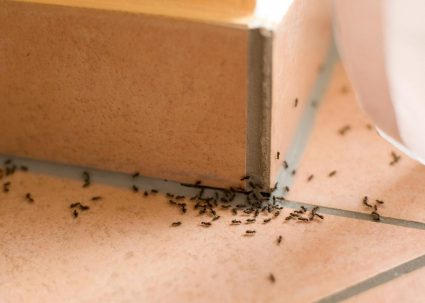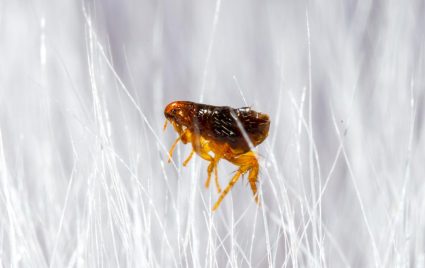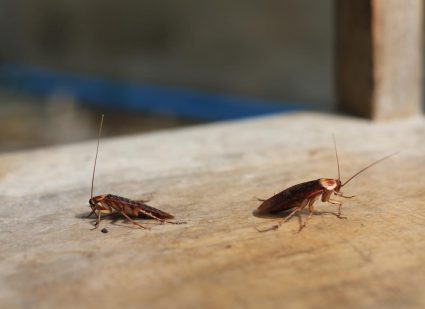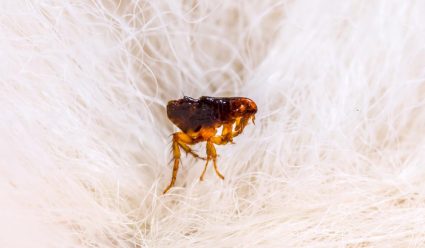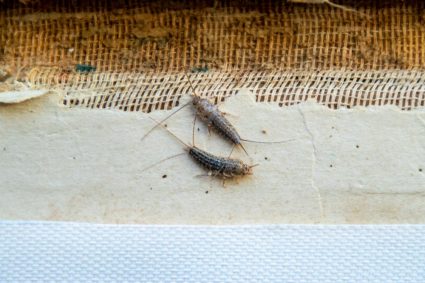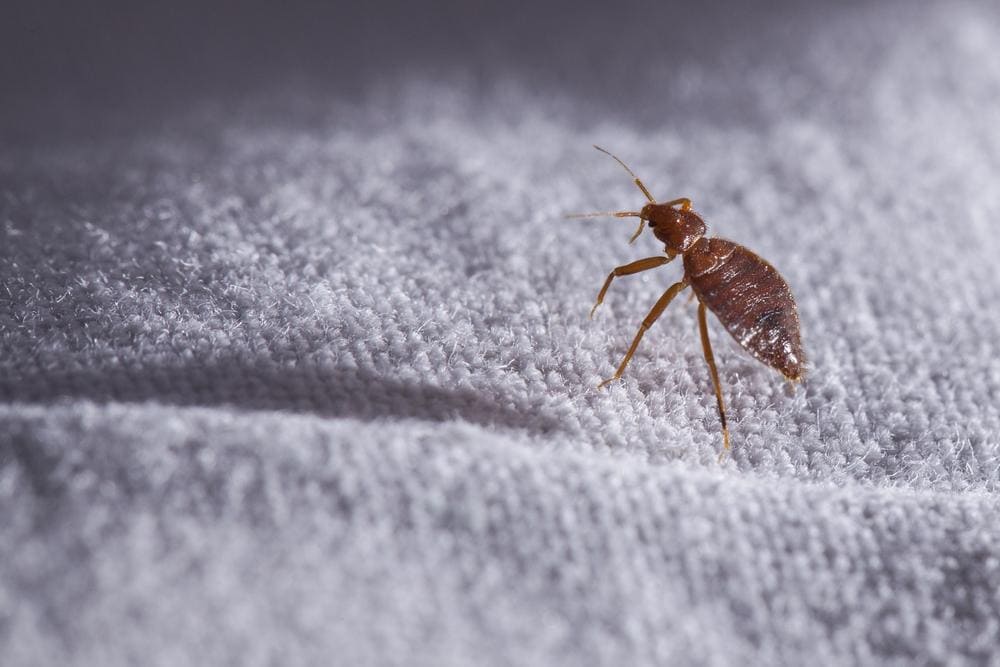
Bed bugs are a common issue in many households, causing discomfort and frustration to those affected. In the quest for a natural and cost-effective solution, many have turned to lemon juice as a potential remedy. But does lemon kill bed bugs? Let’s delve into the details.
While lemon juice can potentially deter bed bugs due to its strong citrus scent, there is no scientific evidence to support that it can kill bed bugs or prevent their eggs from hatching. For a more effective solution, consider professional extermination or proven methods such as chemical treatments or steam cleaning.
The Lemon Juice Theory
Lemon juice is known to repel bed bugs due to its strong citrus scent and astringent properties. Lemons contain a compound called D-limonene, which is harmful to these pests. The process involves making a mixture of water and fresh lemon juice and spraying it in areas where bed bugs may be present. However, while lemon juice can repel bed bugs, it is not proven to be effective in killing them or preventing their eggs from hatching.
The Science Behind Lemon and Bed Bugs
There is currently no strong scientific evidence supporting the use of lemon or lemon essential oil against bed bugs. While some studies suggest that certain essential oils can help treat bed bug infestations, lemon was not among those identified. In fact, a study conducted by Purdue University found that most essential oil-based products failed to kill bed bugs when sprayed directly on the insects.
The Limitations of Lemon Juice
While the citric acid aroma of lemon juice can deter bed bugs, it should not be relied upon as the sole method of elimination. Research has not consistently demonstrated significant effectiveness in killing bed bugs or preventing their eggs from hatching. Relying on lemon juice as a primary method of bed bug control could lead to a prolonged infestation, causing more discomfort and potential health issues.
Alternative Natural Remedies
While lemon juice may not be the silver bullet for bed bugs, several other natural remedies have shown promise in controlling these pests. These include cayenne pepper, essential oils like thyme and oregano, diatomaceous earth (DE), heat treatment, and steam cleaning. However, these remedies also have their limitations and may not completely eliminate a severe infestation.
Preventative Measures
Prevention is always better than cure. Here are some preventative measures you can take to avoid bed bug infestations:
- Check secondhand furniture, beds, and couches for signs of infestation before bringing them home.
- Use a protective cover on mattresses and box springs to eliminate hiding spots.
- Reduce clutter in your home to minimize hiding places.
- Vacuum regularly, especially around beds and upholstered furniture.
- Wash bed sheets and clothing regularly.
Conclusion
While lemon juice may act as a deterrent for bed bugs, it is not a guaranteed solution for eliminating them. For a more comprehensive solution, it is recommended to consult a professional exterminator or use proven methods such as chemical treatments or steam cleaning. Always remember, prevention is key when dealing with bed bugs.
Frequently Asked Questions
How is lemon juice used to repel bed bugs?
Lemon juice is used by creating a mixture of water and fresh lemon juice. This mixture is then sprayed in areas where bed bugs may be present. The strong citrus scent is believed to repel these pests.
Why isn’t lemon juice effective at killing bed bugs?
While lemon juice can repel bed bugs due to its strong citrus scent, there is no scientific evidence to support that it can effectively kill bed bugs or prevent their eggs from hatching.
What are some other natural remedies that can help control bed bugs?
Some other natural remedies that have shown promise in controlling bed bugs include cayenne pepper, essential oils like thyme and oregano, diatomaceous earth (DE), heat treatment, and steam cleaning.
What preventative measures can be taken to avoid bed bug infestations?
Preventative measures include checking secondhand furniture for signs of infestation, using protective covers on mattresses and box springs, reducing clutter in your home, vacuuming regularly, and washing bed sheets and clothing regularly.
What is the recommended solution for eliminating bed bugs?
For a more comprehensive solution, it is recommended to consult a professional exterminator or use proven methods such as chemical treatments or steam cleaning.


